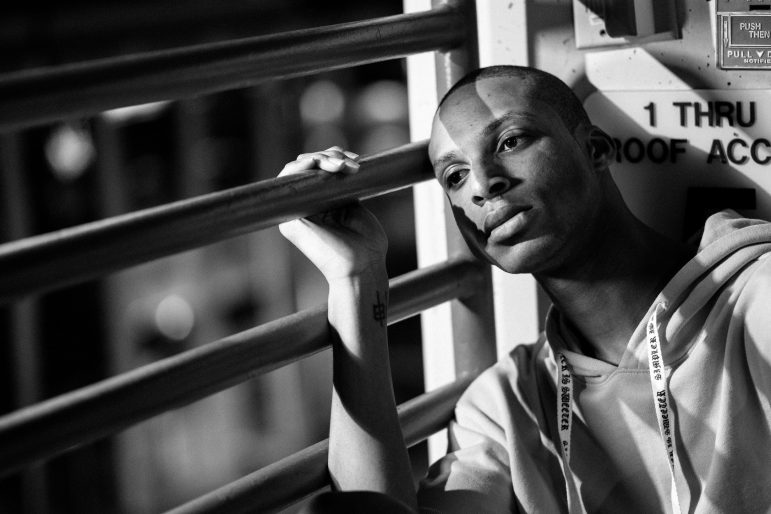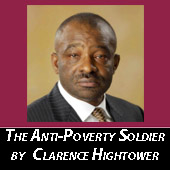First of a six-part series
Poverty is the worst form of violence. — Mahatma Gandhi
Poverty is like punishment for a crime you didn’t commit. — Eli Khamarov
Poverty is brutal, consuming and unforgiving. It strikes at the soul. — Charles M. Blow
Last August, I introduced the first column in a six-part series declaring that “poverty is not a character flaw,” but rather a math problem (and so much more). The math problems identified during the course of the series focused on America’s substantial inequities in employment, education, housing and transportation.
Then, in the final column, I began to explore the idea that, in addition to being a math problem, poverty is “so much more.” Poverty is an unrelenting assault on humanity, a wicked scourge that can have a decidedly detrimental effect on the health and wellness of those caught in its steely grasp.
In this new six-part series titled “We already know that poverty is a math problem. So, what else is it?” I will explore the impact that poverty has on the physical, psychological, emotional and spiritual well-being of people.
The series will conclude with an attempt to tackle Ruby K. Payne’s intriguing notion of the hidden rules among classes, which she describes as “the unspoken cues and habits of a group.” She adds that here in the United States, such a concept is often “recognized for racial and ethnic groups, but not particularly for economic groups.”
Still, before I begin to address these issues over the next couple of months, I would like to briefly discuss some of the inherently unique obstacles that people living in poverty face, which are generally unbeknownst to others. I am reminded of a passage from James Baldwin’s essay “Fifth Avenue, Uptown,” where he writes:
“Anyone who has ever struggled with poverty knows how extremely expensive it is to be poor, and if one is a member of a captive population, economically speaking, one’s feet have simply been placed on the treadmill forever.”
A half-century after these words were composed by the legendary writer and activist, New York Times Op-Ed columnist Charles M. Blow revisited Baldwin’s assertion, noting that while its “original intent” was related to monetary matters (namely paying more for lesser goods), he has personally “always considered that statement in the context of the extreme psychological toll of poverty.”
To his point, consider some of the decisions people in poverty make that others couldn’t bear to imagine, like choosing between buying food, paying the light bill, or purchasing prescription medications. In fact, the threat of unexpected costs or the potential of a personal or family crisis likely figures in every choice made by those below the poverty line.
The truth is that poor households don’t have the luxury of planning for the future. For those in poverty, sometimes the day’s only objective is to survive into tomorrow.
These are just some of the reasons that the life expectancy of someone who is poor is 10 to 15 years less than someone who is not. Or why many in poverty are forced to find more than one job, often working longer hours than most and performing back-breaking work for insufficient pay. Far too many of our fellow citizens live in substandard housing, can’t find or afford nutritious food, lack access to quality health care, and are consigned to underfunded public schools.
The stress of poverty, as demonstrated by a number of recent studies, plays havoc with the physiological, psychological, emotional and spiritual health of millions of Americans each and every day. Pure and simple, poverty is violence and it should not stand.
As Dr. King famously said upon winning the 1964 Nobel Peace Prize, “I have the audacity to believe that people everywhere can have three meals a day for their bodies, education and culture for their minds, and dignity, equality and freedom for their spirits.”
Yes, indeed.
Clarence Hightower is the executive director of Community Action Partnership of Ramsey & Washington Counties. Dr. Hightower holds a Ph.D. in urban higher education from Jackson State University. He welcomes reader responses to 450 Syndicate Street North, St. Paul, MN 55104.



